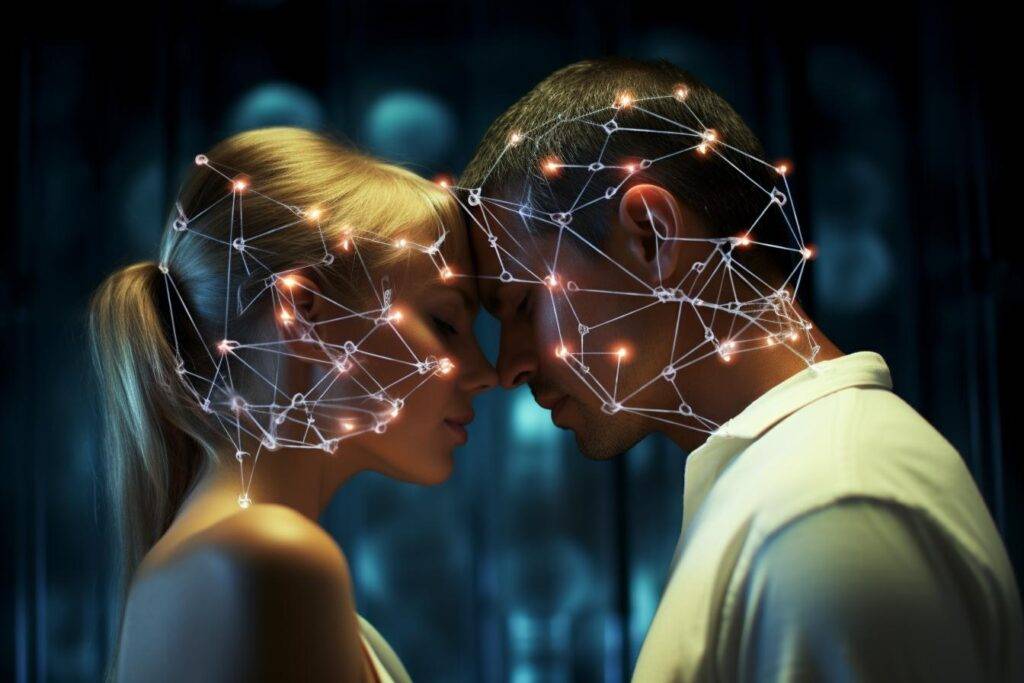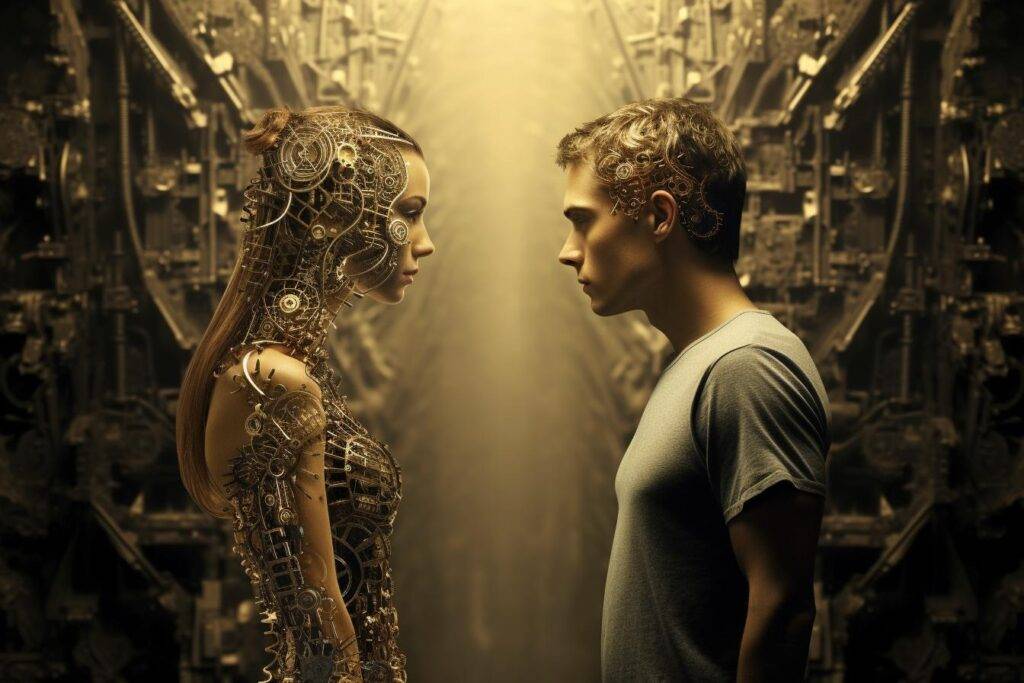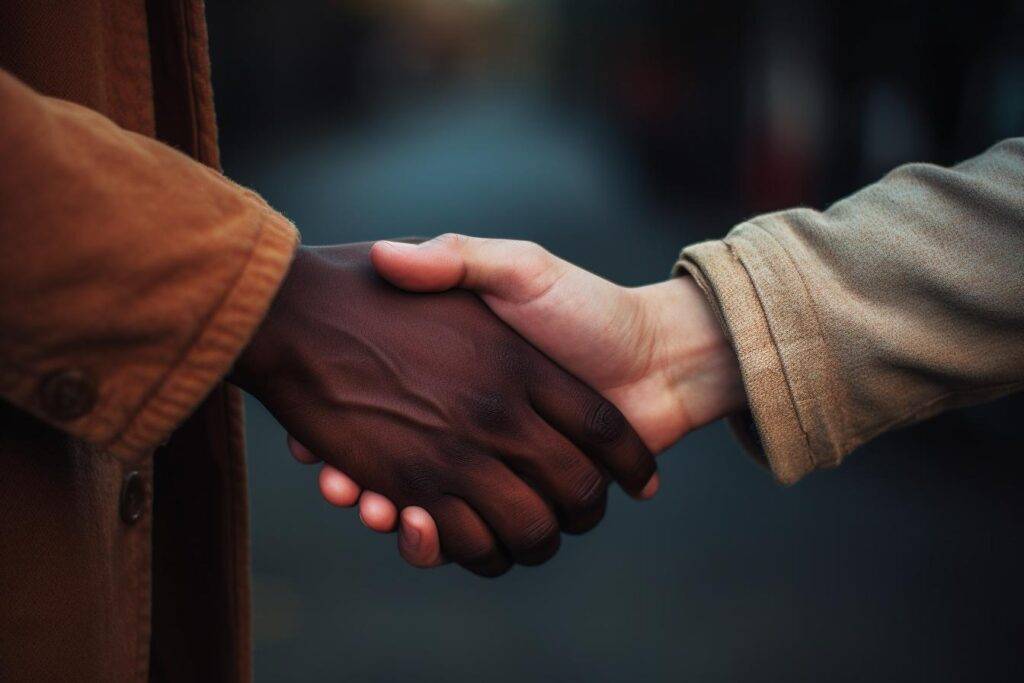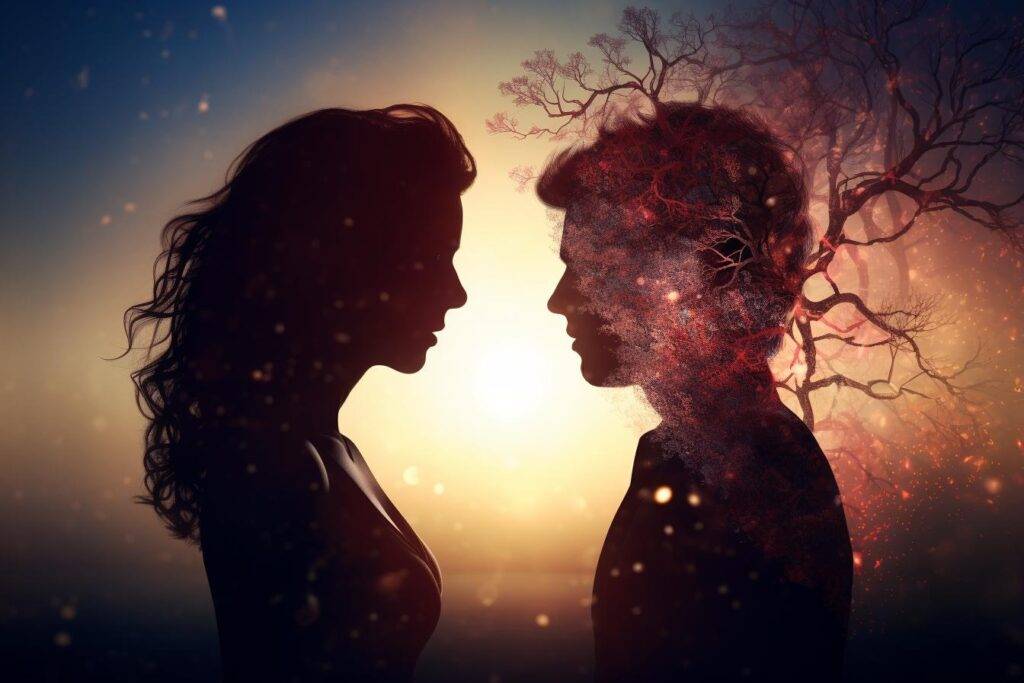A question for all times, which cannot be explained in simple words. The choice of love, whether conscious or instinctive, is a complex subject if we put it into a “frame”, but if we look at love as an algorithm with a beginning and an end, the choice is simple. Humans have the capacity to make conscious decisions and think rationally, but instinct plays a major role in influencing our affection and the so-called “spark”.
The spark is the initial and uncontrolled increase in attraction and infatuation, a deeply instinctive response. This spark is characterized by intense emotions and a strong desire to be close to the object of our affection. We can call this inner feeling the falling in love phase of our relationship.
Instinctive attraction is deeply ingrained in us and serves as a mechanism for the survival and reproduction of our species. Experiencing this feeling of spark causes our brains to “produce” chemicals that make us feel good. These chemicals create an increased sense of pleasure, attachment and belonging, which contributes to our initial attraction.
Instinctive attraction is powerful and can be captivating, but it can also be influenced by our individual experiences, beliefs and values. As we grow and develop, our understanding of love and our desires can become more nuanced and demanding. We may become more aware of what we really want in a partner and may seek deeper emotional compatibility.
As we become more intellectual and emotionally mature, our “spark” can become more demanding, as our increased self-awareness and personal growth allow us to recognize our needs, set higher expectations for relationships and seek partners who match our values and desires. We become less willing to settle for superficial entertainment and seek relationships that are meaningful, fulfilling and in line with our long-term goals.
The interplay between conscious and instinct-driven choices is unique to each individual. While some people may rely heavily on their instincts when it comes to love, others may prefer to make conscious decisions and compatibility. Finding the balance between instinct and conscious choice is a personal journey that varies from person to person.
Going back to the love algorithm, the spark is not the one starting point in the algorithm, but it is close to the beginning, because, as I said, the spark is part of our instinctive mechanisms for the survival and reproduction of our species. Our brain synthesizing chemicals undermines the role of conscious decisions in these instinctive mechanisms.
Unwittingly, when I think about the overall education of society, including people’s personal development, I realize that the decline in birth rates in more educated societies is a natural process and will not be influenced by any “birth motivation strategy”.




